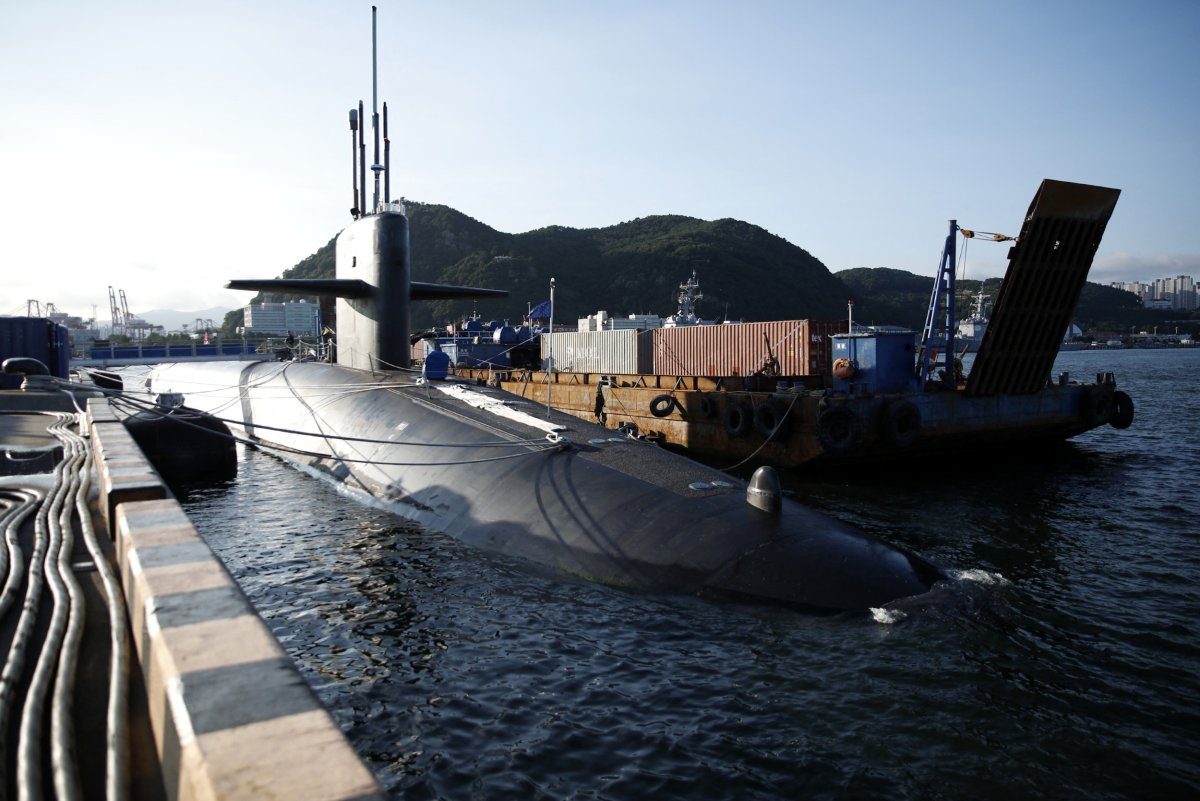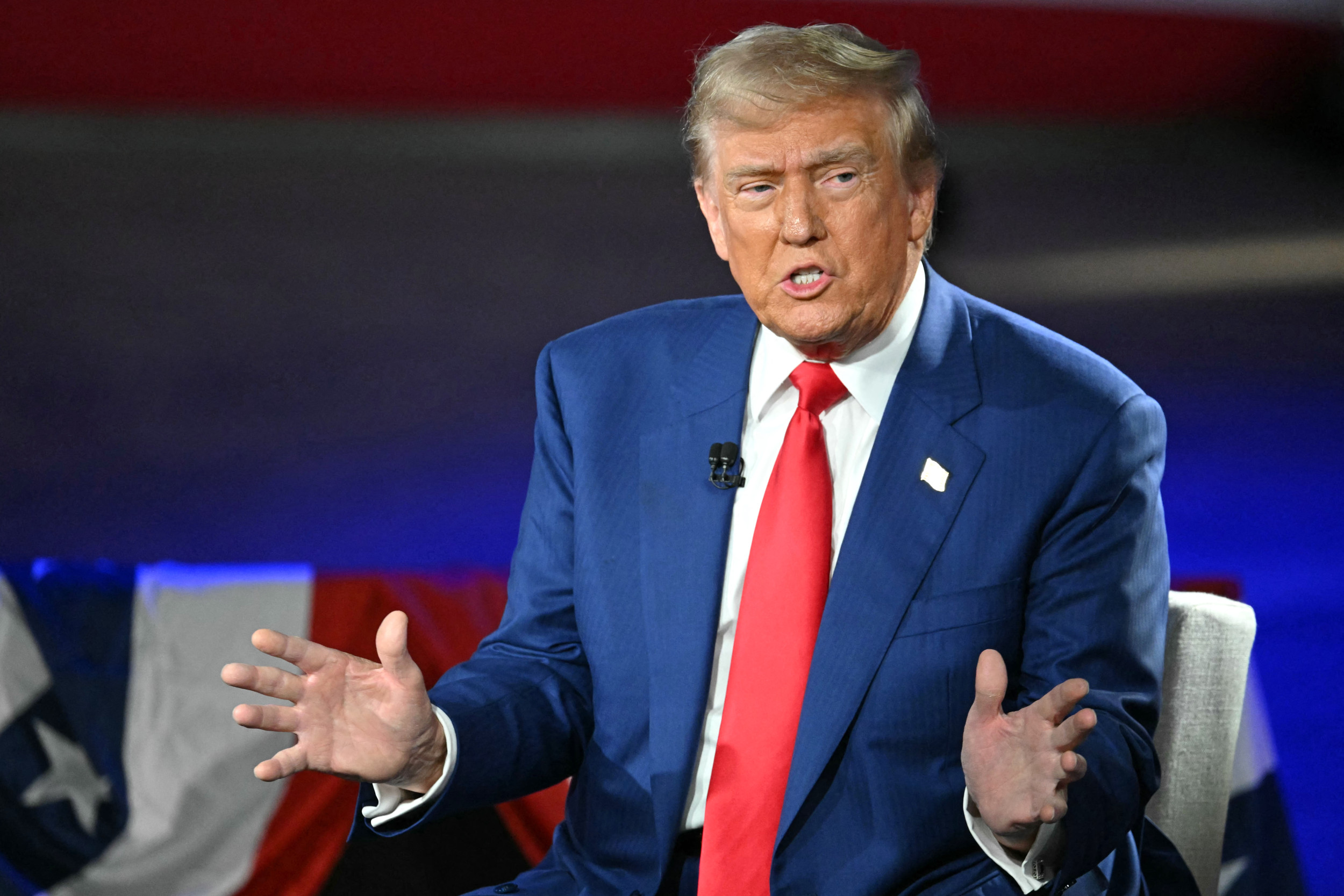On Tuesday, South Korea’s Principal Deputy National Security Adviser, Kim Tae-hyo, issued a warning regarding the implications of a potential Donald Trump reelection in November. He highlighted concerns that U.S. nuclear strategies against North Korea could become less robust if Trump were to regain the presidency.
Speaking at the Sejong Institute, a prominent diplomatic research center, Kim referred to Trump’s stance on defense spending, where he suggests that allies should contribute more financially.
South Korea, alongside Japan and Australia, benefits from the U.S. nuclear umbrella, a crucial element of extended deterrence. This arrangement aims to dissuade adversaries like North Korea from aggression by assuring these countries of U.S. nuclear protection.
The U.S. Air Force’s nuclear operations doctrine emphasizes that extended deterrence involves a promise to deter attacks through a range of potential military responses. This framework also helps discourage allied nations from developing their own nuclear arsenals, promoting nonproliferation. However, South Korean President Yoon Suk-yeol previously indicated that South Korea might reconsider its nuclear stance if North Korea continued its provocations.
Defense Minister Shin Won-sik warned against pursuing a domestic nuclear option, suggesting it could exacerbate issues within the U.S.-South Korea alliance. Yet, his successor, Kim Yong-hyun, mentioned that exploring nuclear armament remains a possibility, as a recent survey found that two-thirds of South Koreans back developing an independent nuclear deterrent.
Kim acknowledged that Trump might seek to renegotiate defense cost-sharing, potentially altering the longstanding mutual defense treaty that has been in place since 1953.

Meanwhile, the current Biden administration has strengthened its military presence in the region, including showcasing U.S. strategic assets like the USS Kentucky, a nuclear-capable submarine, during its visit to South Korea last July.
Recently, Trump remarked in an interview that “nuclear warming” poses a significant threat, pointing to North Korea’s substantial nuclear stockpile, which is estimated to be around 50 warheads with sufficient fissile material for potentially up to 90 more.

According to the Bulletin of the Atomic Scientists, the U.S. has about 100 nuclear gravity bombs in storage, ready for potential use to aid allies in regions including Northeast Asia, with a total of 3,748 nuclear warheads reported as of September 2023.
During his presidency from 2017 to 2021, Trump engaged in nuclear diplomacy with North Korea, meeting with Kim Jong-un three times. However, these negotiations did not lead to North Korea relinquishing its nuclear ambitions, as the regime has affirmed its desire to remain a recognized nuclear state.
